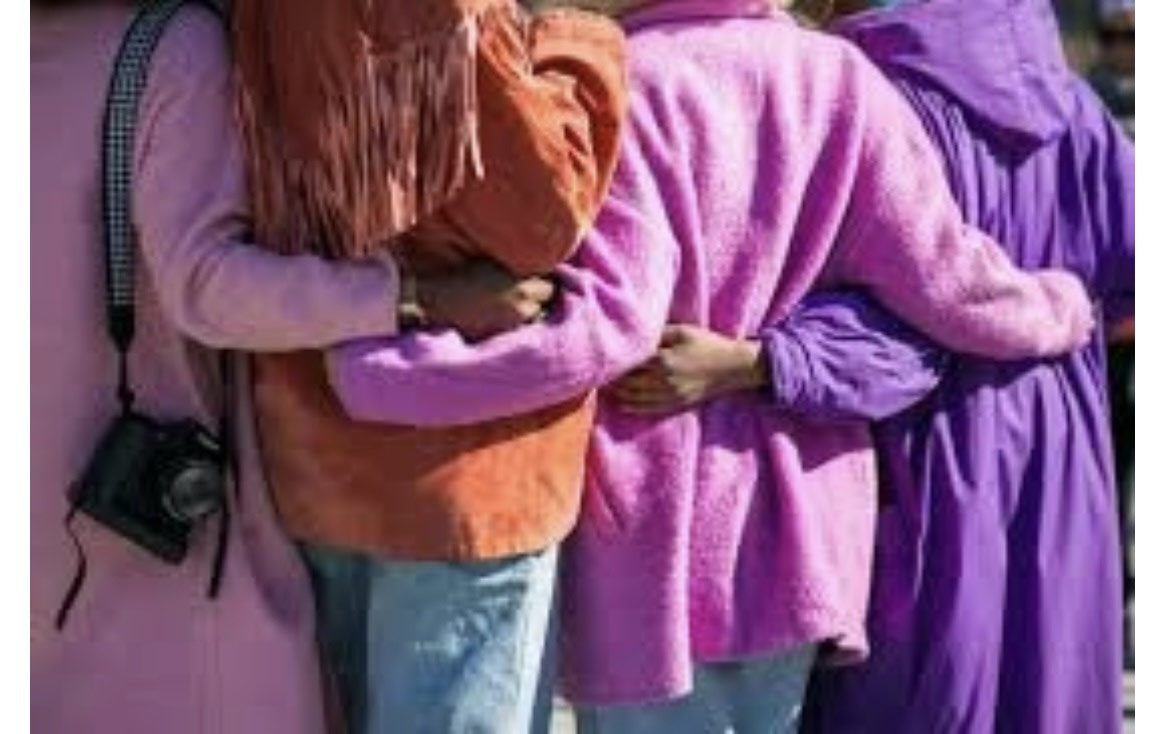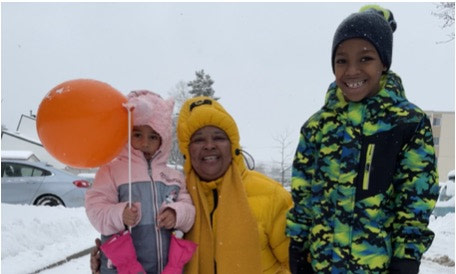Empowering communities through civic action
Tashi Farmilo
As democracy continues to evolve amidst shifting social and political landscapes, the City for All Women Initiative (CAWI) held its highly anticipated Elections Training Session on 29 November. The virtual gathering brought together community members, advocates, and civic leaders for an in-depth exploration of electoral engagement and the transformative potential of grassroots advocacy.
The two-hour session provided participants with a comprehensive look into the electoral process, from understanding federal elections to strategising about influencing party platforms and mobilising voter turnout. Facilitated by Andrea Balfour and supported by a team dedicated to fostering inclusivity, the event opened with land acknowledgements that underscored the importance of reconciliation and respect for Indigenous Peoples. The facilitators encouraged participants to reflect on their voting experiences and to share what qualities they seek in leaders—a thought-provoking exercise that illuminated the shared values of honesty, integrity, and empathy.
Attendees actively engaged in discussions about barriers to voting, ranging from systemic disenfranchisement to feelings of disillusionment with political promises left unfulfilled. These candid conversations highlighted a recurring theme: while some participants expressed scepticism about the tangible impact of their vote, others emphasised the necessity of engagement to hold leaders accountable and shape public policy.
A poignant segment of the session centred on envisioning healthy communities. Through interactive whiteboard exercises, attendees contributed ideas such as affordable housing, accessible healthcare, and mutual support among neighbours. The dialogue reinforced the importance of collaboration between municipal, provincial, and federal governments to address pressing community needs, a hallmark of CAWI’s advocacy work.
As the session concluded, participants left with a renewed understanding of the power of collective action. Many expressed gratitude for the space to share their experiences and strategise ways to influence future elections. The facilitators reminded everyone that civic engagement does not end at the ballot box; it requires sustained effort through dialogue, advocacy, and action.
For CAWI, today’s session was just one chapter in an ongoing story of empowering communities to thrive. The organisation’s regular initiatives, including the Making Voices Count Civic Engagement Table (MVC) and the Maamawe Table: Women Reducing Poverty Together, offer additional opportunities to build momentum for systemic change. By centring the voices of those most affected by inequality, CAWI continues to fulfil its mission to create an inclusive and equitable sphere of inclusivity.
As Rosemary Brown, Canada’s first African Canadian legislator, once said, “We must open doors and we must see to it they remain open, so that others can pass through.” In its dedication to education, advocacy, and community building, CAWI ensures that those doors remain wide open for all.
For more information about CAWI’s events and initiatives, visit their website at www.cawi-ivtf.org.






